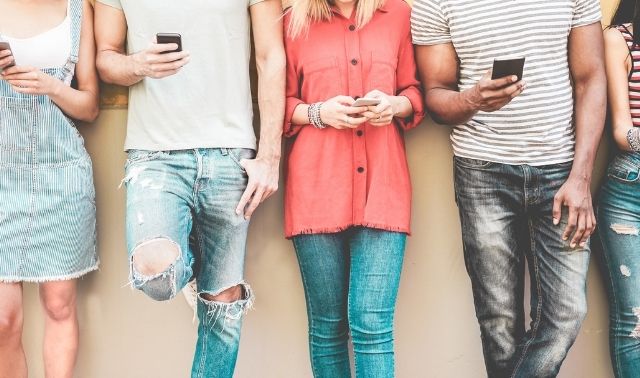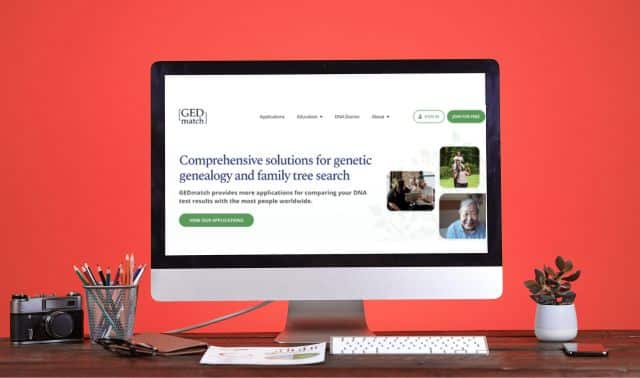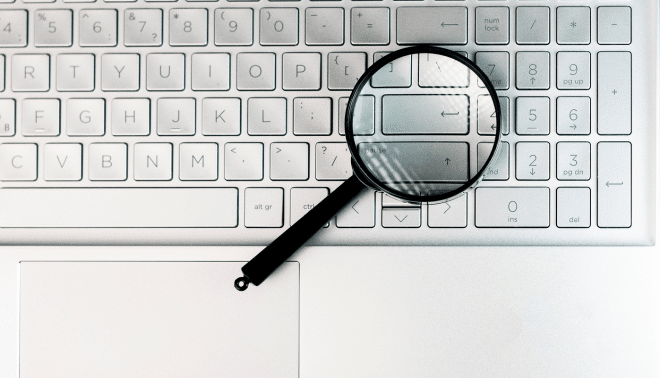Sign up for the Family Tree Newsletter! Plus, you’ll receive our 10 Essential Genealogy Research Forms PDF as a special thank you.
Get Your Free Genealogy Forms
"*" indicates required fields

What’s the genealogical benefit to having kids’ DNA tested?
Q: Is there any genealogical value in having kids/grandkids tested? (My understanding is that you have to be 18+ to buy a test, but minors can test with a guardian’s permission.)
A: Absolutely yes, there is genealogical value in having your children and grandchildren test. But maybe not for the reason you think.
When you are searching for clues among your DNA matches that will lead you to discoveries about You’ll need two things when trying to use DNA matches to make discoveries about your ancestors: DNA, and desire. The DNA will reveal the links between you and others who have tested. But as it turns out, that’s a minor first step. You have to do the heavy lifting to see it through to the end, and that requires hard work, patience, and stick-to-it-iveness.
For the first step (DNA), your children and grandchildren are completely irrelevant as long as you have been tested. Afterall, you have 100% of your own DNA, while they only have 50% (in the case of children) or a mere 25% (in the case of grandchildren). That means their results will always be worse at finding the DNA matches we need to help us learn about our ancestors.
That leaves the second piece: desire. When someone takes their own DNA test, sees their own personal ethnicity results, and and reviews their own personal DNA matches, they’ll be more interested in research and invested in its results. Something visceral about DNA test results make us feel linked to others and especially to our ancestors. That can be hard to replicate in other ways.
Seeing a connection to a place or an almost endless list of names naturally brings up questions that need answers: Am I really from Italy? Who are all of these people that I am connected to? This curiosity breeds that essential desire, which in turn can create an excellent research partner.
To sum up: Your descendants’ DNA won’t be all that useful in research questions about your ancestors. But having children test might get them more excited about genealogy, which can be beneficial.
However, please be very aware that, if you want to test someone under the age of 18, you are entering some murky waters. As parents and grandparents, we make all kinds of choices for our posterity and don’t give it a second thought. But because you will be required to sign their consent form, it’s important that you realize what you are signing them up for, and help them be aware of the ramifications.
While you may be trying to interest them in your side of the family, remember that their DNA is going to tell the story of all of their family—including about your in-laws and/or the child’s other parent. Revelations about a father’s other relationships, for example, could be a lot for a child to take in.
SLike most things in life, there are pros and cons that need to be weighed if you’re considering testing minors. But if your kids are all grown up, buy them a DNA test, advise them of the potential risks, and (if they choose to test) hope you’ll find yourself an additional research partner.
Last updated, February 2022.







